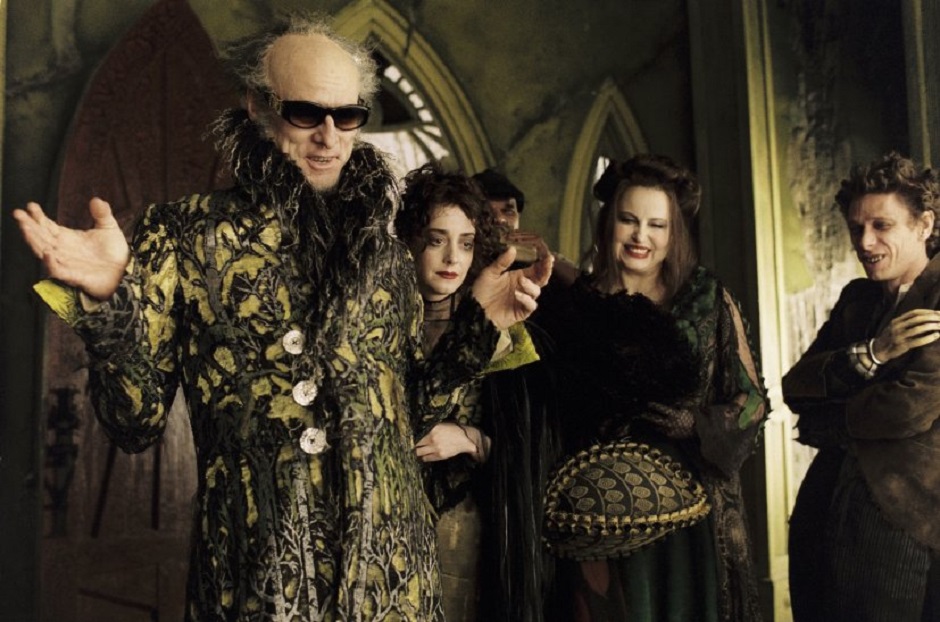A Series of (Sometimes) Unfortunate Events: Book-to-Movie Adaptations
Madeline Poage ’17 / Emertainment Monthly Staff Writer

News of this nature for many of books is treated with, at best, unease, and at worst, hatred – and often with good reason. Many popular books have been turned into movies, and what with the Percy Jackson movies, Eragon, practically any film based on Dr. Seuss’s masterpieces, and dozens of others, it’s easy to see why numerous fans are hesitant to see their most treasured books on the big screen. These weren’t exactly great additions to movie canon and were overall received poorly. On the other hand, there is no shortage of examples that exist on the complete opposite end of the spectrum — Fight Club, To Kill A Mockingbird, and Coraline, to name a few.
So what makes a good movie adaptation? It’s a tough call. On one hand, should a writer or a director try to fulfill their own vision of what kind of movie they want to make? Or should they play into so-called “fan service”—decisions made purely to please the fans? The problem lies in that these movies are not original material, but popular stories with an established fan base – a fan base that is paying for movie tickets with certain expectations regarding what they are going to see. Expectations that books, free from Hollywood’s grip and MPAA rules, are able to set pretty high.

But while it was an entertaining movie in its own right, it was by no means an accurate representation of the books. In fact, one of the changes made to the movie was so profound that alone is enough for some fans to dismiss it: the ending. The ending shows a complete disregard for one of the major points of the books—the unfairness of it all. The injustice and untrustworthiness of the world and the adults that run it, and how this seems inescapable to the child protagonists. Despite the black comedy nature of the movie, it still felt like it needed to lighten the overarching darkness that became that indelible mark of the book series.
However, this news of a Netflix series has been largely well received by fans, partially because it feels like a do-over. Hopes are high that the visual representation will hit the nail on the head this time around, and the hopes are not unfounded. Generally speaking, the best book-to-screen adaptations have characteristics in common. For one, the adaptation respects the source material, and the overall point of the book. Think A Clockwork Orange, where the message of the book isn’t lost in the images, nor is the violence glorified. Second, the tone remains consistent. Like the Harry Potter series, where the movies follow the books, starting out with a more whimsical, magical mood, then slipping into a darker vein as the series progresses. And finally, it all comes down to why it is being adapted. Is it trying to make some quick cash, or is it trying to do the original work justice? It may be too early to tell, but the Netflix television series of A Series of Unfortunate Events appears to be supported by good intentions, and with the weight of its fans’ love for the books a constant reminder, it has every possibility to turn out right.
One Comment